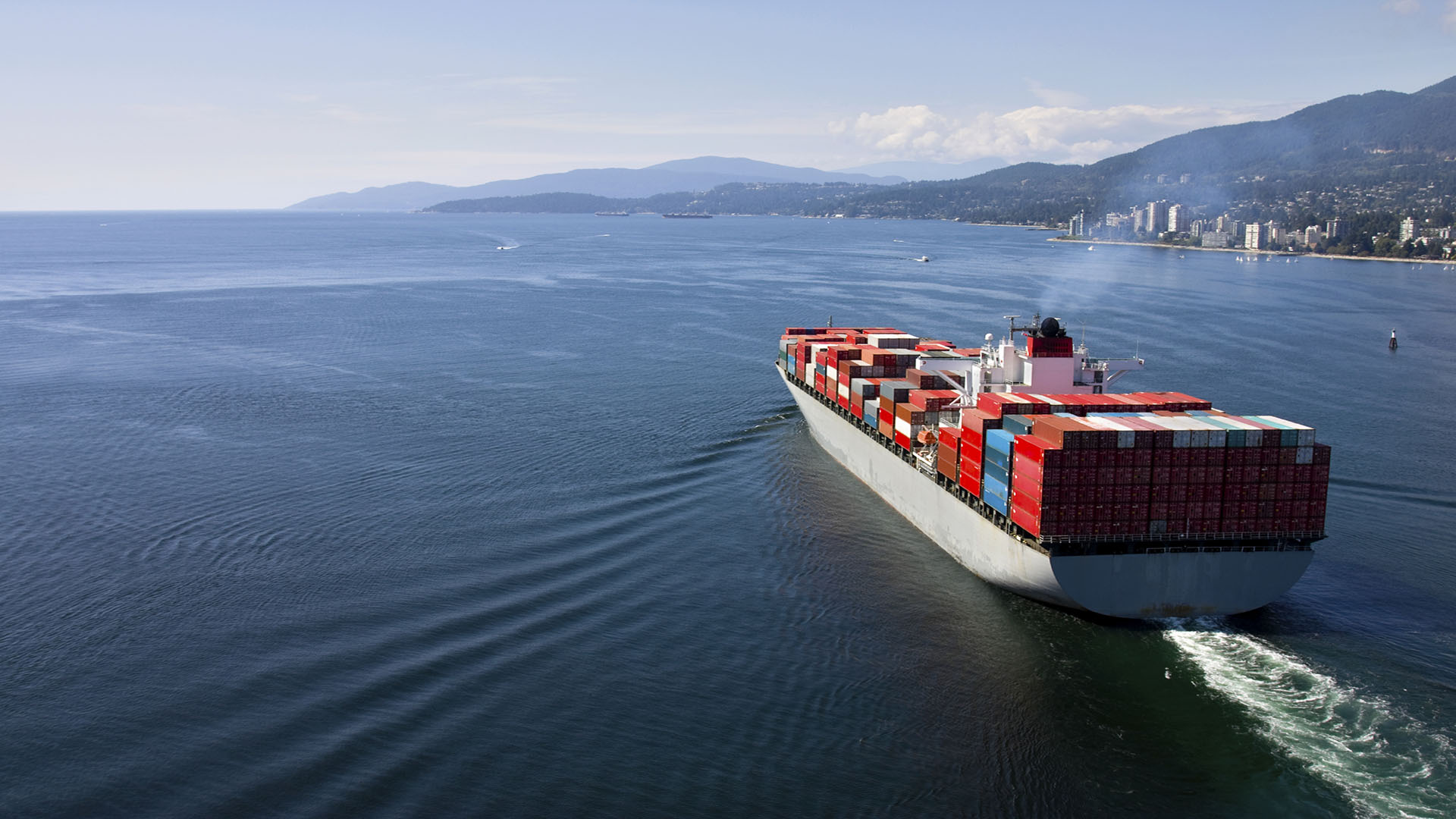
A common language?
Let’s think of a few ‘simple’ words: beam, line, shackle, icing, bridge. For someone experienced at sea, the meaning of these words should be immediately obvious, with very specific maritime meanings.
As shipowners grapple with the many challenges facing the shipping industry, he explained that insurers must step up to the plate, fulfilling their role in supporting them and developing the insurance cover they will need to move forward and remain competitive.
Now consider a person with basic, or even standard, English language skills. Try a direct Google translate – and imagine the confusion. The words will likely mean something completely different in general English.
However, standards of Maritime English language competency vary widely so ship operators assess the language level of seafarers prior to employment or promotion. The ICS Marlins Test of English for Seafarers was developed for this purpose, says Catherine Logie, Direct to Consumer Services Director at Ocean Technologies Group (OTG).
“Language and communication skills support both wellbeing and career development, as well as safety at sea.”
Following a discussion on some of the geopolitical issues facing the industry, Daniel Kilgren explored the options available for the shipowner to meet IMO’s 2050 target for CO2 emissions. He was followed by Lars Höglund, providing the shipowner perspective, detailing their ambitions regarding reduced environmental impact and explaining the practical steps and new initiatives being taken by the company to meet the IMO targets.
This is the first year that The Swedish Club has supported Almedalen Week – a political summit with an informal atmosphere offering discussion, seminars and further education and training. It takes place in Visby, on the island of Gotland, every summer and attracted more than 45,000 visitors last year.
